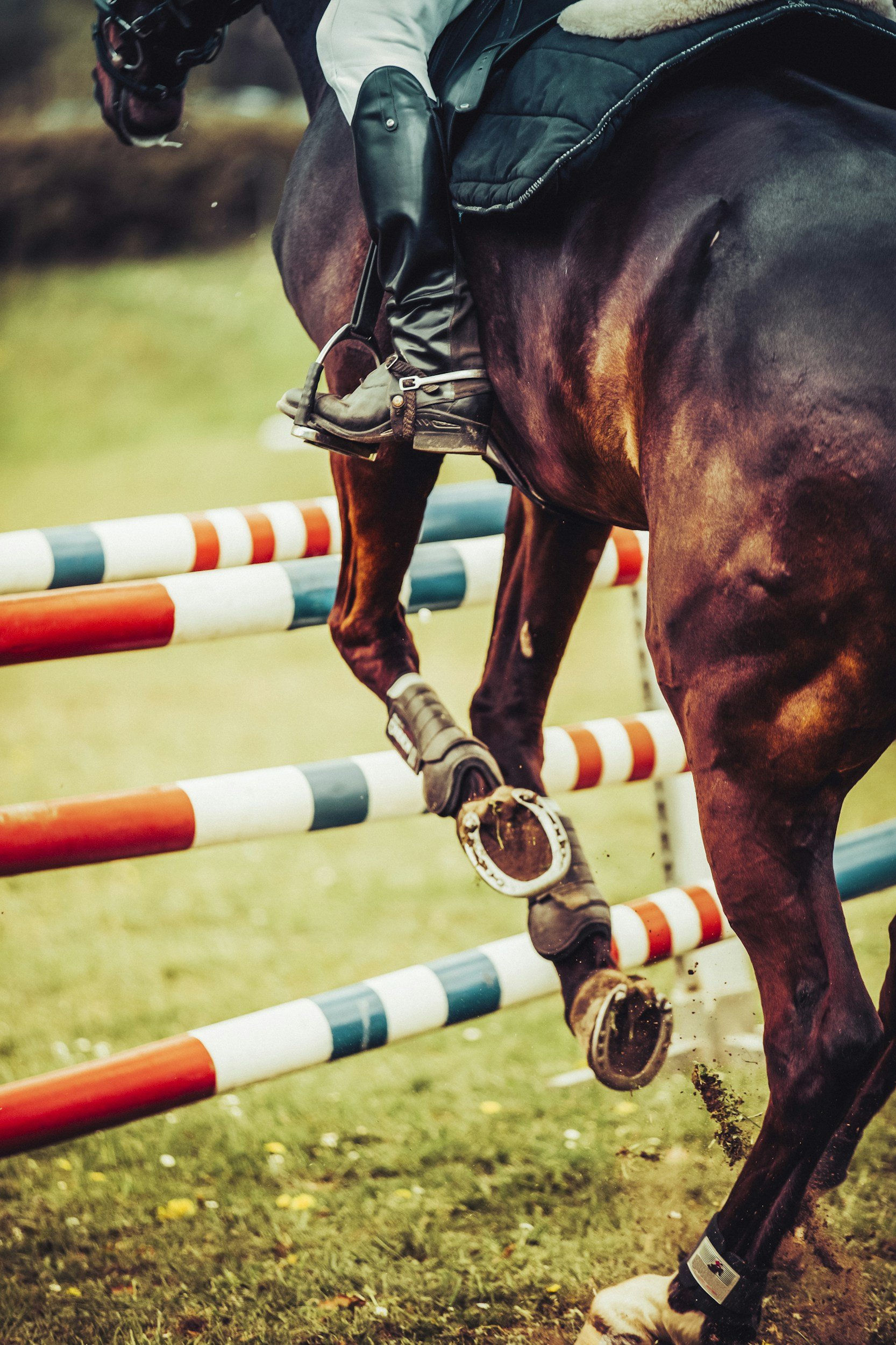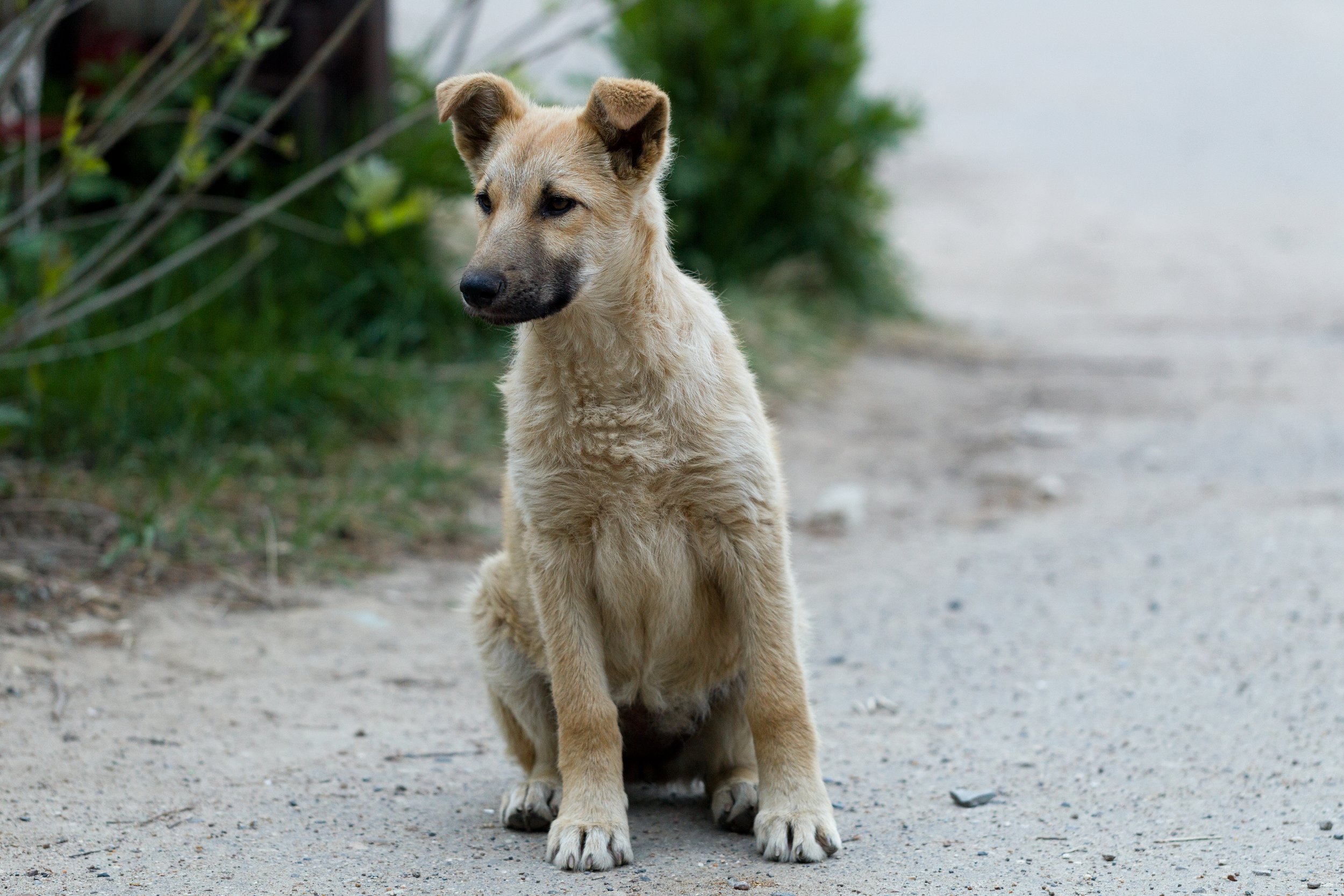

FAO at World Veterinary Association Conference: Veterinarians are indispensable partners for food security and global health
At the 40th World Veterinary Association Congress, the FAO emphasized veterinarians' critical role in food security, One Health, and sustainable livestock transformation. With rising threats from zoonotic diseases, antimicrobial resistance, and climate change, veterinary professionals are essential to safeguarding global health systems. The FAO announced its upcoming Global Conference on Sustainable Livestock Transformation to drive actionable solutions.

US Equestrian Releases Veterinary Best Practices White Paper Emphasizing Long-Term Horse Welfare
In a significant development for equestrian sports, US Equestrian (USEF) has published a comprehensive white paper outlining veterinary best practices for sport horse welfare. The document, developed following a March 2024 summit of 28 leading equine veterinarians, represents a concerted effort to elevate care standards across all competitive disciplines.

Why These Young Veterinarians Are Taking Over the Industry (and Crushing It)
Discover how a new generation of veterinarians is transforming the field of animal care. These rising stars are blending cutting-edge technology, inclusive values, and fresh perspectives to reshape veterinary medicine. Learn about the changes they’re driving—from mental health advocacy to social media outreach—and meet standout young professionals like those featured by Vet Candy. This article explores why these trailblazing vets are the future of the industry.

Exploring animal life in the radioactive shadows of Chornobyl and Fukushima
A team of researchers in France are building on fundamental experimental research undertaken in the Ukrainian Chornobyl exclusion zone with a new project in the Japanese Fukushima Prefecture to further our understanding of what it means for animals to live and reproduce in radioactive environments.

Study suggests lemurs age differently than humans
In newly published research on age-related inflammation in ring-tailed and sifaka lemurs, Guevara discovered that perhaps we should rethink the inevitability of inflammaging in humans.

Tiny Nanobody Discovery Offers Hope Against Deadly Nipah and Hendra Viruses
A University of Queensland team has discovered the first nanobody capable of neutralizing Nipah and Hendra viruses, two deadly zoonotic pathogens without approved treatments. The nanobody, DS90, blocks viral entry and prevents mutation, offering a new strategy for future outbreaks in Australia and Asia. Findings published in Nature Structural & Molecular Biology highlight the promise of nanobodies as next-generation antiviral therapies.

